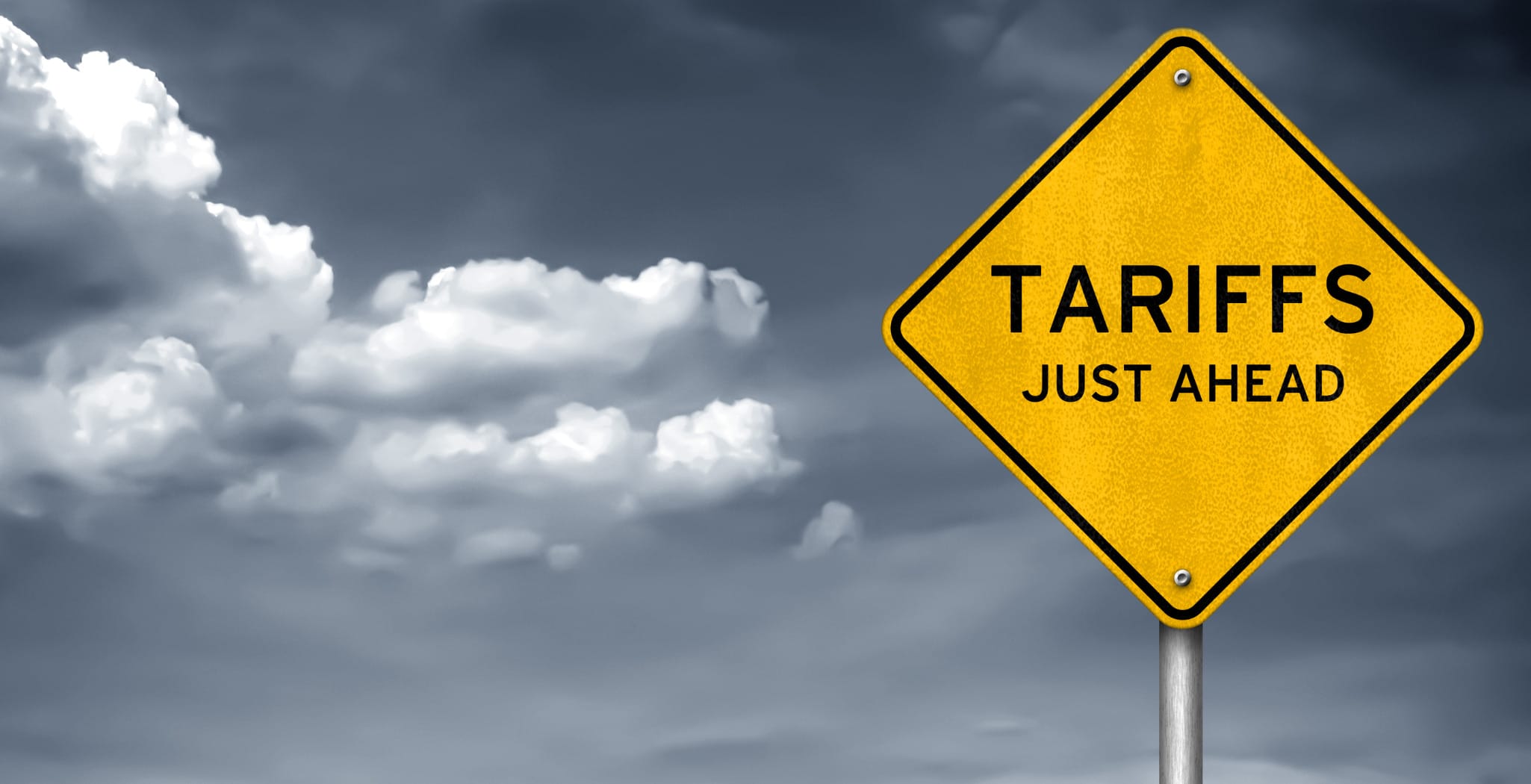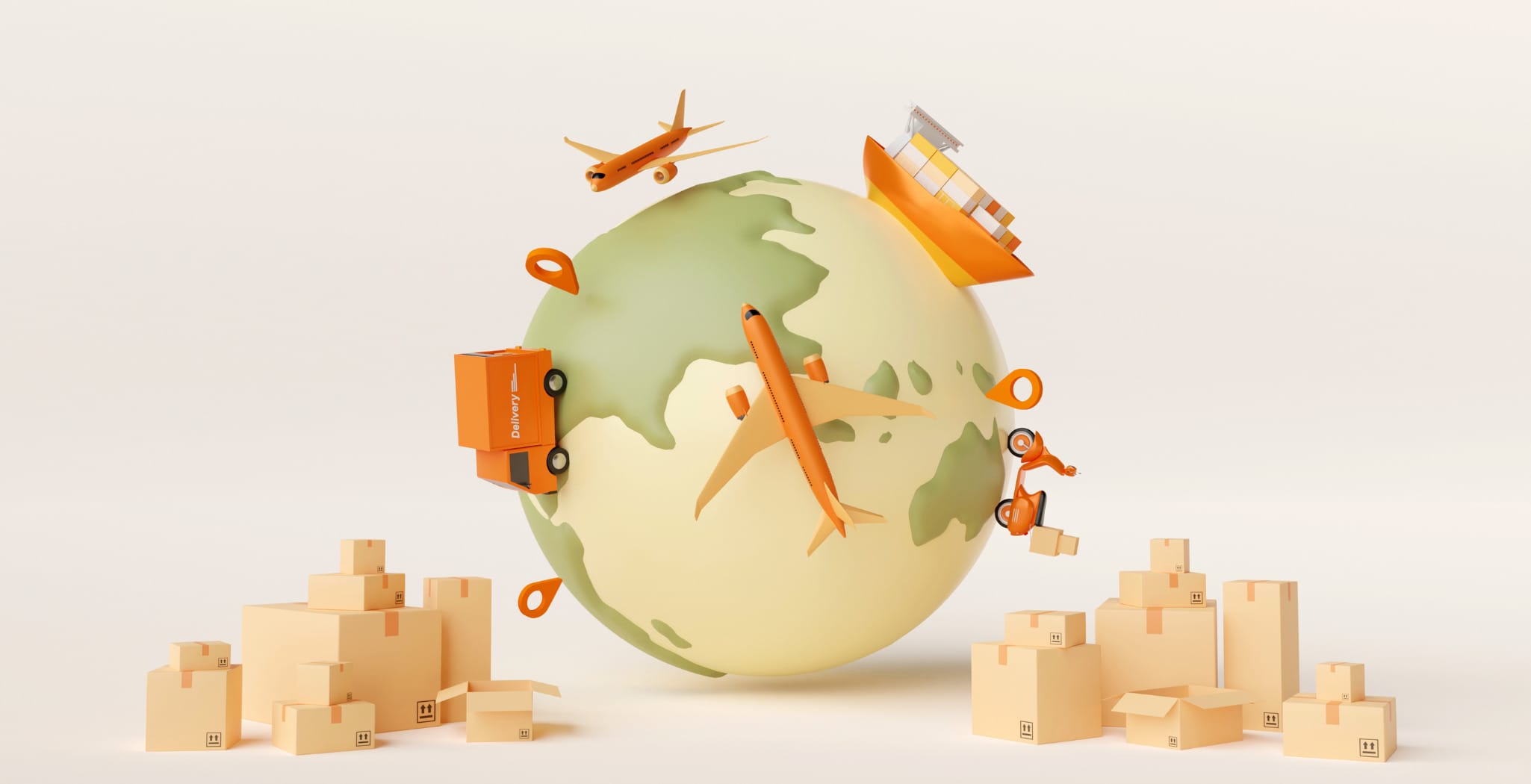…that are the most important lessons I use in business today (even as far away as China)
Some reading this will be too young to remember days when if you needed a fill up it was required for highly technical reasons, that a filling station attendant had to pump your gas. He would also check the oil level, clean the windshield and then write up a bill of sale. After my Dad signed it the man would provide a receipt and he’d keep a carbon copy. The response one hundred out of a hundred times from Dad? “Thank you sir!”
We grew up neither rich nor poor but rather what sociologists might call upper-middle class. My Dad was an in-house lawyer for a mid-sized insurance firm in Columbus, Ohio so he would certainly have fallen into a professional class or category. When he pulled into our driveway one summer afternoon in a brand new 1977 Four Door Oldsmobile 98 Regency with all leather interior I just knew my Dad was pretty big stuff. Naturally I would now somehow let it sink in that I was also the fortunate member of the highly exclusive, upper crust Americana caste. How I loved the feel of that leather enveloping my elite bottom as we glided down the highway in this car, superior to any other I could see. Certainly now when it was time to be waited upon at the gas station we could dispense with the deferential pleasantries. No more would it be required that dad have to refer to mere servicemen as “Sir.”
Imagine my utter dismay when after the ’98 had received her first fill up, windows cleaned and of course a full reading on the oil, Dad responded, “Thank you sir!” This time, the next time and the next it would always be the same. As the son of Greek immigrants Dad had learned from my grandfather that to get respect it was required to give respect. That meant that everyone who came into my grandfather’s (Pa Pou’s) restaurant—many a self-respecting Greek opened up a restaurant—was “Sir” or “Ma’am,” a cultural practice that while is still in play here in the South has been lost in its true influence in the North. I would venture to say that if/when Dad reads this he will be surprised to know how significantly this habit has affected me.
As we celebrated Father’s Day this past weekend I was listening to an inspiring sermon in church about the power of a father’s example. It dawned on me just how accurate this assertion was and whether we know it or not our kids are always observing our actions and words. I began to think about the relationships I have had in business in the past 25 years and how the strongest ones I still have are based on mutual respect, kindness and honesty. Here are some lessons that have worked for me to this day both here and abroad.
Humility
Every person we deal with is worthwhile and we are no better than the next guy. He/she is working to put food on the table, get ahead, and make a future for their kids.
Trust
Particularly in other countries. I do business in China where Trust is the highest hurdle in a two-way relationship. Only when we demonstrate humility does this wall begin to come down.
Dependability
We have to be consistent in delivering what we say and when we say we will do it. This means standing by our word, returning phone calls and emails promptly and building up a reliable perception in our co-workers’ and clients’ minds.
Integrity
This is the foundation for our business. When something goes wrong we view it as our responsibility to find a solution. Some of our greatest challenges have become our tallest trophies. While we are fortunate to have had only one or two bad shipments out of hundreds or thousands, we have always made good in full restitution and on delivering a solution to the problem. In these specific cases we are now doing more business—more than double, with these clients than we were prior to the problem.
Respect
I feel fortunate to have earned the respect of colleagues, clients and prospects as a go-to guy and someone who always keeps his word. It’s simple really and comes down to the Golden Rule. Anyone who has seen our Twitter page has read our tag-line, “Do better for others than you would do for yourself.”
No matter what car you drive, it is important to remember who put you in a position to drive that car. For me, I will always know that because of my Dad, my clients will always be able to trust in what we say we will deliver. Every time.




Follow Us